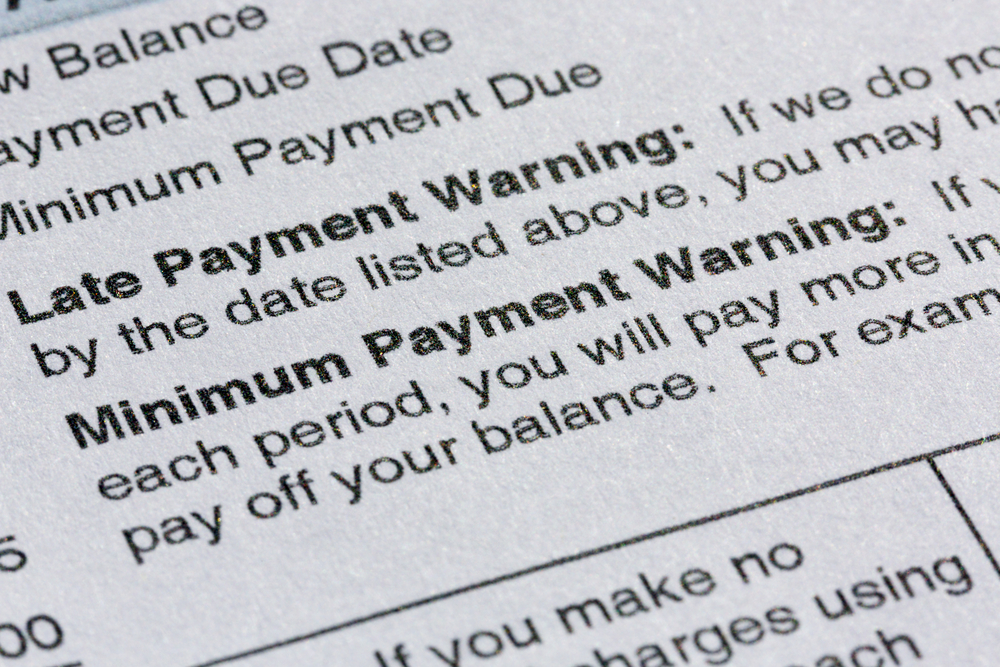Implementing late fees can turn off a customer – and the employees having these conversations. However, most businesses can thrive with a late fee policy and the negative feelings can be diminished with some education. The trick is to ensure it’s eased into your business model correctly.
At Kinum, our goal is to help businesses nationwide secure payment for the services they provide to their customers while protecting their reputations. We know how to speak with customers that owe payments and establish plans to ensure they pay for the services they receive. Hand off your past-due accounts to our team so you can return to caring for your customers.
We serve clients in multiple industries from our Indianapolis, IN, Virginia Beach, VA, and Cleveland, OH, offices. Contact us today!
Should Your Business Implement Late Fees?
Most likely. It’s a way to protect your business if a customer does not pay their invoice on time. The late fee is not a tactic for you to make more money. Instead, it encourages people to pay their invoices when due. However, if they do not pay on time you must implement the late fee so your customers know it is not just a scare tactic.
When determining the amount to add, it is always best to check with a collection attorney, as some states have more restrictions than others. The attorney should advise as to how much and if those fees would be able to be transferred to collections if it gets to that point.
How to Implement Late Fees
When you decide to implement late fees, you must have a plan that everyone is on board with. The best way for the new process to work is if everyone in the company is involved and understands its importance. All employees need to know the policy and be able to stand behind it.
Let Your Customers Know
Be transparent with your customers. Tell them about your new policy and why it had to be instituted. Share how they can avoid paying late fees and continue to experience excellent service at your company. When your customers understand, they should see the late fee as less inconvenient and will be more willing to pay on time.
Set Expectations
When you establish a late fee policy, it is meant to be adhered to. Ensure it is in your initial contract with your customer and that they know about it. Beyond the contract and verbally letting them know, make sure it’s stated on the invoice too. You must also set expectations with your employees that they take the late fee policy seriously, let customers know about it, and enforce it.
How Much to Charge
Most businesses charge between 1% and 1.5% late fees. On top of that, you will also need to decide on an interest rate to charge. You need to develop an annual interest rate, such as 12%, then divide it by 12 to get your monthly rate. Then multiply the monthly rate by the amount owed to get the late fee charge. If approved by your attorney to charge a late fee, make sure that it is stated in the original contract and make sure they know what is expected.
Need Assistance Collecting Past Due Payments?
When a customer’s payment due date has come and gone, and the late fees are piling up, it’s time to call the professionals. The collectors at Kinum, Inc. are highly skilled at achieving past-due payments for our clients. Debt collecting is our specialty; leave that part of your business to us.
Call the professionals at Kinum, Inc. today!






